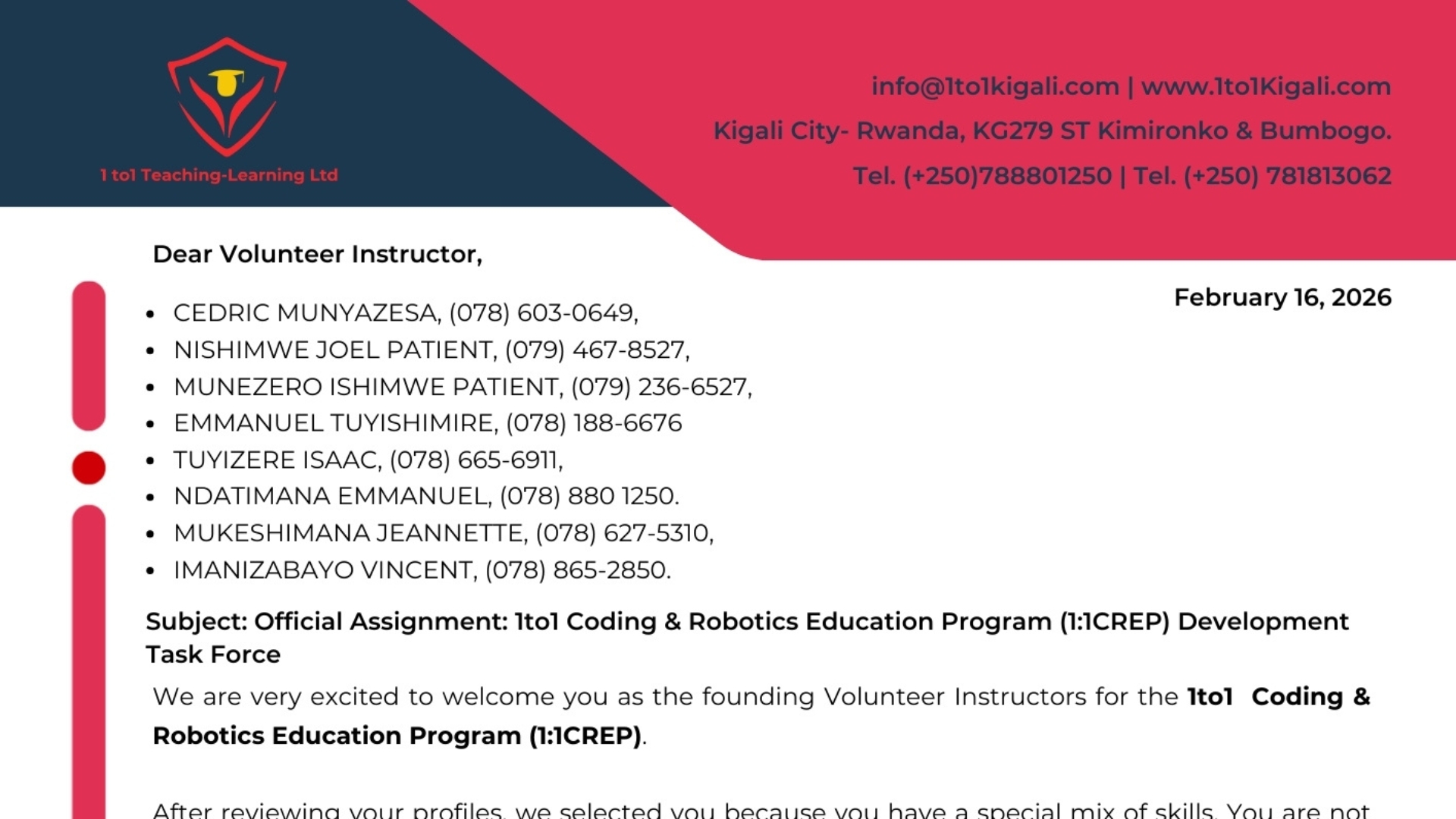HUYE, Rwanda — The University of Rwanda graduated more than 9,000 students on October 17 at its Huye Campus, marking one of the largest commencement ceremonies in the institution’s history.
The event, broadcast live on Rwanda Television in partnership with the Rwanda Broadcasting Agency, drew tens of thousands of viewers across the country and abroad. The two-hour ceremony returned to the southern campus after the university rotated locations in recent years.
Why Huye Again?
University leadership chose Huye primarily for logistical reasons. Vice Chancellor Prof. Didas Kayihura Muganga said the campus offered the best infrastructure and capacity to handle the crowds after hosting a successful ceremony in 2024.
Last year, UR awarded degrees to 8,068 graduates—3,109 women and 4,959 men. The class included 38 specialists from the African Centre of Excellence in Internet of Things, focusing on embedded systems and wireless sensor networking.
Record Numbers, Growing Pains
Preliminary figures suggest this year’s cohort exceeds 9,000 graduates, with some projections reaching 9,529. Of those, roughly 8,748 are undergraduates and 744 hold postgraduate degrees.
The growth reflects Rwanda’s push to expand higher education access. However, it also highlights mounting pressure on university resources.
UR adopted a controversial “double intake” system for the 2025/26 academic year, merging two cohorts of secondary school graduates to avoid admission delays. The move strained campus housing and forced many students to seek off-campus accommodations.
The university even delayed first-year lectures until November to manage the influx. Families scrambled for housing in surrounding neighborhoods as on-campus space proved scarce.
Months of Planning
Organizing a graduation this size required extensive coordination. A joint committee involving UR management, local authorities, campus staff, and security agencies spent months mapping out seating arrangements, traffic flow, and guest access.
Student marshals, faculty, and administrators ran multiple rehearsals to ensure smooth diploma distribution and processions. Planners also designed accessible seating for families with mobility challenges.
The partnership with RwandaTV extended the ceremony’s reach beyond Huye to diaspora communities worldwide.
Messages to Graduates
While full speech details remain pending, past ceremonies offer clues to likely themes. At last year’s 10th graduation, Prime Minister Dr. Edouard Ngirente urged graduates to uphold patriotism, integrity, and innovation.
University leaders typically emphasize national service, gratitude to faculty and families, and the importance of research and entrepreneurship. Themes of inclusive growth and equitable education access also feature prominently, aligned with Rwanda’s development goals.
What’s at Stake
Each graduate represents years of study, often against financial constraints and competing obligations. Many juggled part-time work, family responsibilities, and demanding coursework.
They will now enter sectors critical to Rwanda’s Vision 2050—education, health, ICT, agriculture, infrastructure, and public policy. As the nation pursues knowledge-based economic growth, skilled graduates become essential.
However, they face a competitive job market. Success will depend partly on how well their academic training matches industry needs.
Institutional Crossroads
For UR, the 11th graduation reveals both achievement and challenge. The university must maintain academic quality while managing unprecedented enrollment growth.
Leadership will need to expand research capacity, hire more faculty, and upgrade infrastructure. Balancing equity, access, and excellence remains a core tension.
Support systems matter too. Career counseling, alumni networks, mentorship programs, and private sector partnerships could determine whether graduates thrive or struggle.
If UR navigates these pressures successfully, this graduation could mark a turning point—proof that Rwanda’s flagship university can scale without sacrificing relevance or prestige.
For now, the diplomas have been distributed. The real story unfolds next in classrooms, labs, communities, and workplaces across Rwanda.




